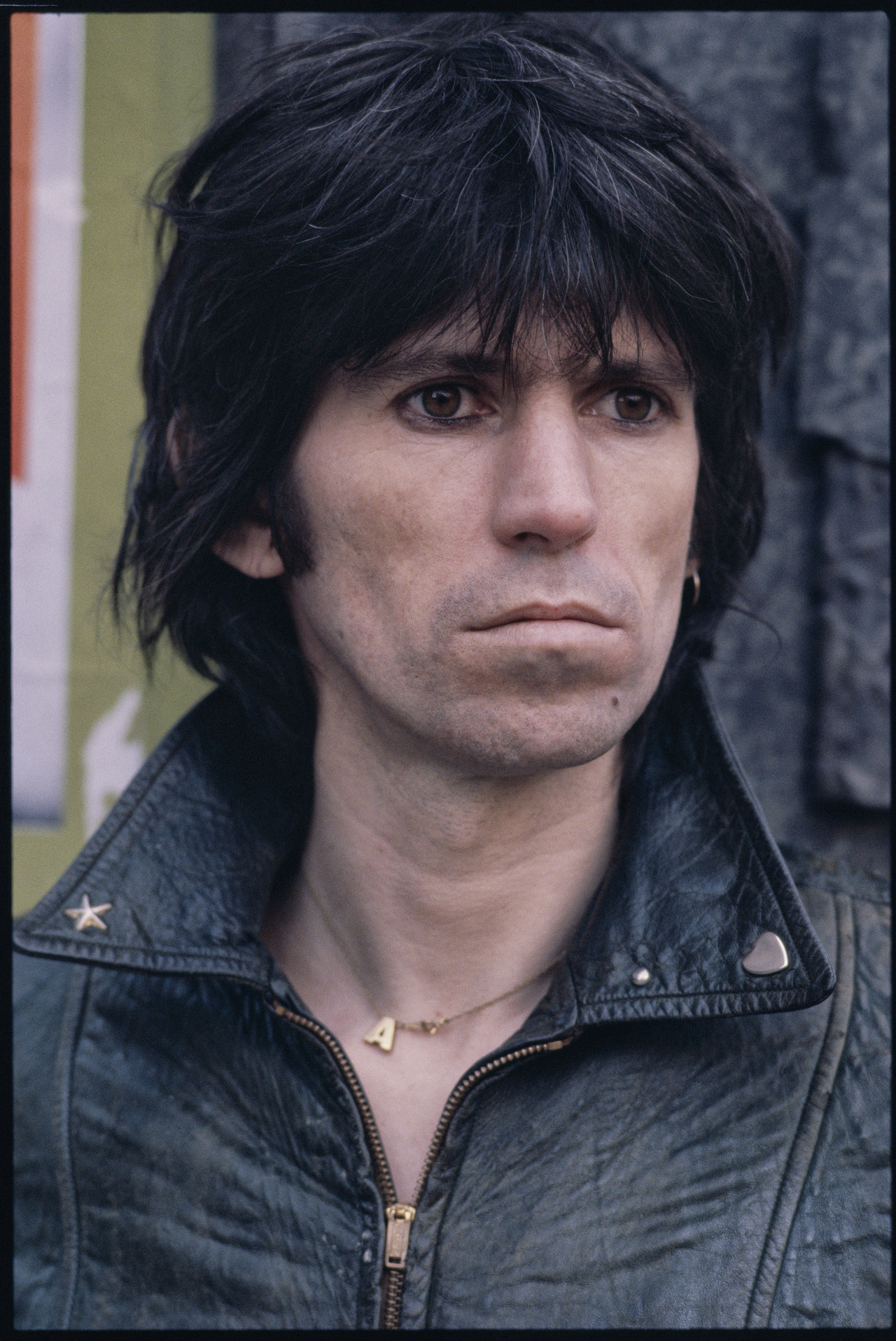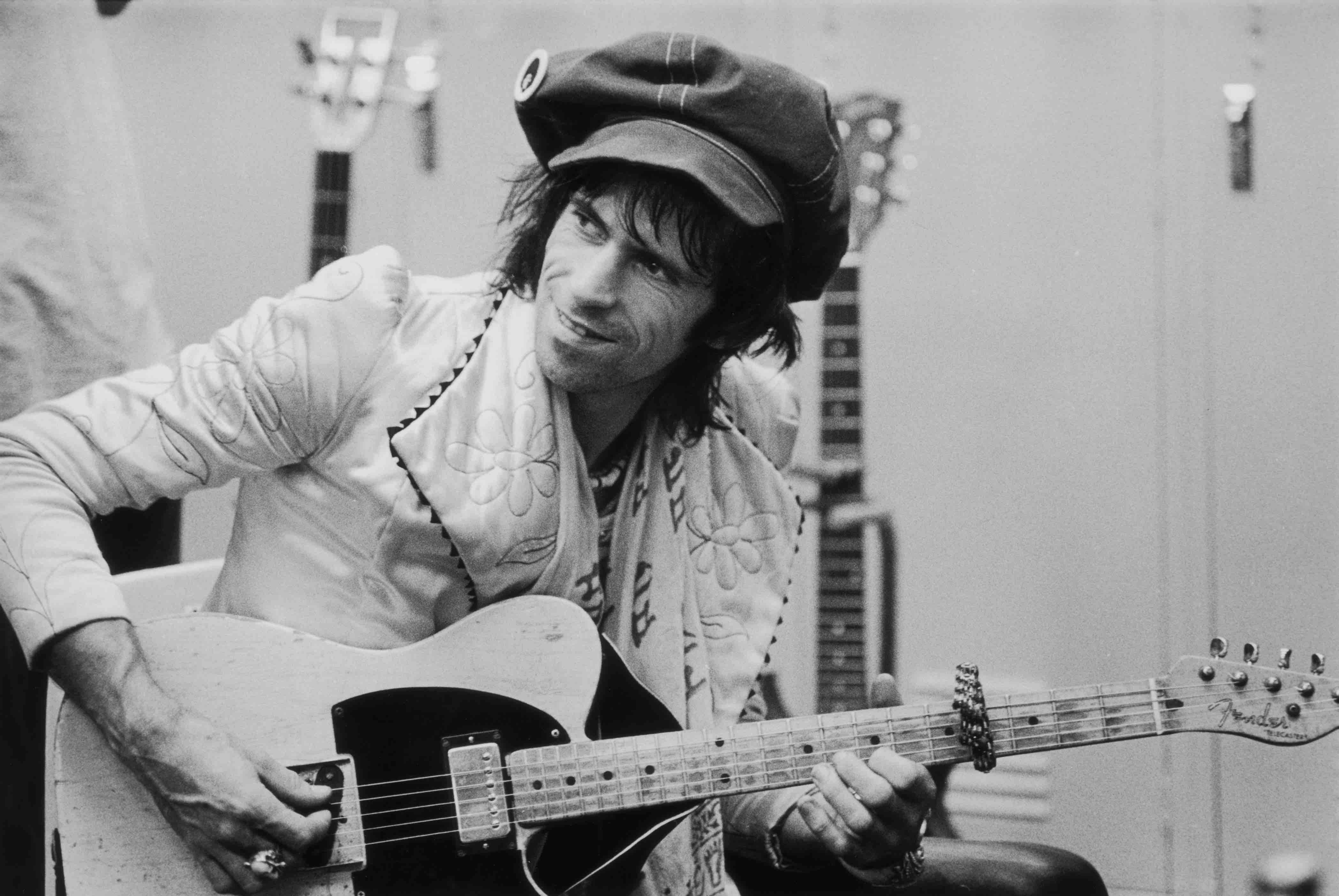Keith Urban, the celebrated country music superstar, has openly shared his profound and challenging journey through addiction, a narrative that resonates deeply with many. His candidness about his past struggles with drugs and alcohol has not only shed light on the pervasive nature of substance abuse but also offered a beacon of hope for recovery. This article delves into the intricate details of Keith Urban's battle with addiction, exploring the circumstances that led to it, the pivotal moments of intervention and recovery, and the lasting impact it has had on his life and career. His story is a powerful testament to resilience, the transformative power of love, and the unwavering commitment to sobriety, proving that even in the darkest moments, a path to healing is possible.
For years, the public has admired Keith Urban for his incredible musical talent and his seemingly idyllic life with wife Nicole Kidman. However, beneath the surface of his success lies a deeply personal and often painful history of substance abuse. His willingness to speak about his past, including his experiences with cocaine and alcohol, has made him a powerful advocate for recovery and a source of inspiration for countless individuals facing similar challenges. Understanding the full scope of Keith Urban's journey provides invaluable insights into the complexities of addiction and the profound strength required to overcome it.
Table of Contents
- The Early Years: A Glimpse into Keith Urban's Life
- The Seeds of Struggle: Keith Urban's Early Addiction Journey
- The Vicious Cycle: When Addiction Took Hold
- A Turning Point: Nicole Kidman's Intervention and Rehab
- The Road to Recovery: Sobriety and Resilience
- Inspiring Others: Keith Urban's Openness and Advocacy
- The Enduring Legacy: Music, Sobriety, and Life
- Lessons from Keith Urban's Journey
The Early Years: A Glimpse into Keith Urban's Life
Before delving into Keith Urban's struggle with drugs and alcohol, it's essential to understand the foundational aspects of his life and career. Born on October 26, 1967, in New Zealand, Keith Lionel Urban moved to Australia two years later. His musical talent was evident from a young age, and he quickly immersed himself in the country music scene. His passion for music eventually led him to Nashville, Tennessee, the heart of country music, in 1992, with dreams of achieving widespread success. Like many artists, Urban faced the challenges of breaking into a highly competitive industry. The initial period in Nashville wasn't as immediately successful as he had hoped, a common experience for aspiring musicians. This period of uncertainty and unfulfilled expectations, as he later revealed, played a significant role in the escalation of his substance use. Understanding this context is crucial to comprehending the environment in which Keith Urban's addiction began to take root and flourish.Personal Data & Biodata: Keith Urban
| Attribute | Detail |
|---|---|
| Full Name | Keith Lionel Urban |
| Born | October 26, 1967 |
| Birthplace | Whangarei, New Zealand |
| Nationality | New Zealander, Australian, American |
| Occupation | Singer, Songwriter, Guitarist, Record Producer |
| Genre | Country, Country Pop, Pop Rock |
| Spouse | Nicole Kidman (m. 2006) |
| Children | 2 (Sunday Rose, Faith Margaret) |
| Years Active | 1990–present |
The Seeds of Struggle: Keith Urban's Early Addiction Journey
Keith Urban has long been open about his past struggles with drug and alcohol abuse, revealing that his problems began with social drug and alcohol use. This often-innocent start, however, quickly spiraled into something far more problematic, especially once he moved to Nashville in the early 1990s. His journey into deeper addiction highlights how initial recreational use can quickly evolve into a consuming battle, a narrative familiar to many who grapple with substance use disorders.Nashville's Unforgiving Start
Upon arriving in Nashville in 1992, Urban was not finding immediate success like he had hoped. This period of professional stagnation and personal insecurity as an artist created fertile ground for his substance use to intensify. As Urban explained in his 2016 interview with Rolling Stone, his drug usage became increasingly problematic during this time. His use of alcohol and drugs was fueled by his insecurities as an artist, a common coping mechanism for individuals facing immense pressure and self-doubt. The dream of country music stardom was not panning out as he had envisioned, and this disappointment contributed significantly to his reliance on substances.The Escalation: Freebasing Cocaine
A pivotal moment in Keith Urban's drug usage took a turn when a roommate asked if he wanted to freebase cocaine. He accepted the offer, marking a significant escalation in his substance abuse. This experience plunged him deeper into the grip of addiction, moving beyond casual use to a more severe and dangerous form of drug consumption. This period was characterized by a relentless cycle of use, as Keith said of this time in his life, "I didn't seem able to stop. I'd go to sleep, wake up a couple of hours later, go at it again, drinking to take the edge off." This candid admission paints a stark picture of the relentless hold addiction had on him, illustrating the profound difficulty in breaking free from its grasp without external intervention.The Vicious Cycle: When Addiction Took Hold
Keith Urban's struggle with drugs and alcohol became a pervasive force in his life during the early days of his career. He abused alcohol and hard drugs regularly, caught in a cycle that felt impossible to escape. The country star has revealed that he used cocaine and binge drank early on in his career, ultimately losing control. The "past comes back with a vengeance" when reflecting on these dark times, a clear indication of the lingering impact of addiction even after years of sobriety. His wild days of partying in bars amid his past battle with substance abuse have even inspired his upcoming album, "High," showing how deeply ingrained these experiences are in his personal and creative narrative. This period was marked by a profound sense of helplessness. Urban's problems, which began with social drug and alcohol use, had now fully consumed him. The country singer spoke about his past addictions, revealing that he felt incredibly lucky his career was still intact given the extent of his substance abuse. This level of honesty about Keith Urban on drugs highlights the severe risks he took and the precarious position he was in, both personally and professionally.A Turning Point: Nicole Kidman's Intervention and Rehab
The turning point in Keith Urban's struggle with drugs and alcohol came with the unwavering support and decisive action of his wife, Nicole Kidman. After struggling with drugs and alcohol for years, his wife Nicole Kidman staged an intervention that completely changed his life. This powerful act of love and concern demonstrated the critical role that a strong support system can play in an individual's journey to recovery. It was a moment of reckoning that forced Urban to confront the severity of his addiction head-on. Following Kidman's intervention, Urban checked himself into rehab for the first time in 1998 for his alcohol and cocaine addiction. Eight years later, after he married Kidman, he had a subsequent stay at the Betty Ford Center in October 2006. This second stint in rehab, directly following his marriage, underscores the persistent and insidious nature of addiction, even in the face of new beginnings and profound happiness. Keith Urban credits his wife, Nicole Kidman, for his sobriety and ultimately, saving his life. Her intervention was not just a request for him to get help; it was a lifeline that pulled him from the depths of his addiction.The Road to Recovery: Sobriety and Resilience
The path to sobriety is rarely linear, and Keith Urban's journey is a testament to the ongoing commitment required. Urban checked into the Betty Ford Clinic after Kidman's intervention and has now been sober for 19 years this year (as of the data provided, which states 19 years, and also 18 years for the singer, 56, implying a slight variance in reporting but consistent long-term sobriety). This remarkable achievement speaks volumes about his dedication to maintaining a drug-free life. Today, Urban is sober and enjoying country music success most only dream of. His career has only grown bigger, with 24 No. 1 country hits on his resume, a clear indication that sobriety has not hindered, but rather enhanced, his artistic capabilities. In the current issue of Rolling Stone, he opens up about his battle with addiction and credits Kidman for saving his life, reiterating the profound impact she had on his recovery. Urban later spoke with The Times about his battle with alcoholism, stating, "I feel lucky drugs haven’t defined my creativity," revealing he had both written songs while drunk and written songs while sober. This highlights his ability to separate his art from his past struggles, a significant step in healing.Inspiring Others: Keith Urban's Openness and Advocacy
Keith Urban has long been an open book about his past struggles with drug and alcohol abuse, and he says he harbors no ill feelings toward his past. This acceptance is a crucial part of his recovery and allows him to speak candidly about his experiences without shame or regret. His interview with comedian Bill Burr on the "Bill Burr's Monday Morning Podcast" further showcased his willingness to share his story, offering a strange dynamic but providing valuable insights into his journey. By being so transparent about Keith Urban on drugs, he has become a powerful voice in the conversation surrounding addiction and recovery. He understands that his story is not uncommon, stating, "Urban said that his addiction wasn’t an uncommon story." This recognition helps destigmatize addiction, making it easier for others to seek help. Artists like Tim McGraw, Keith Urban, and Brantley Gilbert have had publicized battles with drugs and alcohol, while others like Margo Price, BJ Barham, and Jason Isbell have their own stories of getting sober. This collective openness from public figures helps to normalize the discussion around addiction and recovery. Urban has made it clear that his stage is not a platform for an AA meeting; it's a place for music and connection. "That would be the death of a gig for me,” Keith said. “It’s not what I want. I’m not there for that. I’m not an AA meeting. I’m on stage and I’m playing and I’m singing, and we’re going to have a great time. We’re going to let go of everything and be in the moment.” This distinction is important, as it shows his focus on his craft while still being an advocate through his personal story.The Enduring Legacy: Music, Sobriety, and Life
Keith Urban's journey from the depths of addiction to a celebrated career and fulfilling personal life is an enduring legacy of resilience. His ability to not only overcome a severe struggle with drugs and alcohol but to also thrive creatively and personally is truly remarkable. His music, often infused with themes of hope, love, and overcoming adversity, resonates even more deeply with fans who are aware of his personal battles. The singer, now 56, has been sober for 18 years (or 19 years, depending on the specific reporting, but consistently a long period), a testament to his unwavering commitment. This sustained sobriety has allowed him to build a strong family with Nicole Kidman and their children, creating a stable and loving environment that was once threatened by his addiction. His story serves as a powerful reminder that recovery is possible and that a life of purpose and joy can be achieved even after profound struggles. The candidness about Keith Urban's drug and alcohol addiction has undoubtedly inspired countless individuals to seek help and embark on their own paths to recovery.Lessons from Keith Urban's Journey
Keith Urban's transparent account of his battle with addiction offers several invaluable lessons for individuals, families, and society at large. Firstly, it underscores the importance of early intervention and the critical role of a supportive network, exemplified by Nicole Kidman's courageous intervention. Without that pivotal moment, Urban's trajectory might have been tragically different. His story highlights that addiction is a disease, not a moral failing, and requires professional help and ongoing commitment. Secondly, Urban's willingness to be open about his past, even the most difficult parts, helps to break down the stigma associated with substance abuse. By sharing his vulnerability, he empowers others to seek help without shame. His journey also illustrates that recovery is a continuous process, marked by vigilance and self-awareness, even after many years of sobriety. Finally, Keith Urban's continued success in his career, alongside his sustained sobriety, serves as a powerful message of hope: overcoming addiction does not mean the end of one's dreams, but rather the beginning of a healthier, more authentic, and often more fulfilling life.Conclusion
Keith Urban's journey through addiction is a powerful narrative of struggle, resilience, and triumph. From his early days in Nashville, fueled by insecurity and the temptations of a burgeoning music scene, to the critical intervention by Nicole Kidman and his subsequent commitment to sobriety, his story is a testament to the human spirit's capacity for change. He openly discussed his use of cocaine and alcohol, the desperate cycle of addiction, and the profound impact it had on his life. Today, Keith Urban stands as a beacon of hope, having been sober for nearly two decades, continuing to achieve unparalleled success in country music. His candidness about Keith Urban's drug and alcohol addiction has not only helped him heal but has also provided invaluable inspiration to countless others grappling with similar demons. His journey reminds us that while the past may come back with a vengeance, it does not have to define one's future. If you or someone you know is struggling with substance abuse, remember that help is available, and recovery is possible. Share this article to spread awareness and inspire hope, and feel free to leave a comment below with your thoughts or experiences. For more insights into the lives of inspiring individuals, explore other articles on our site.

